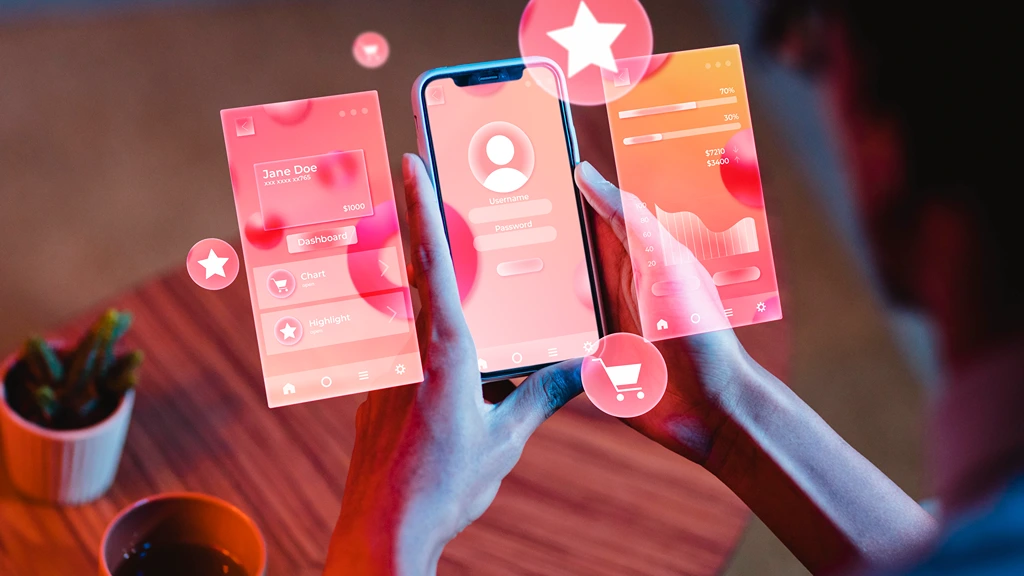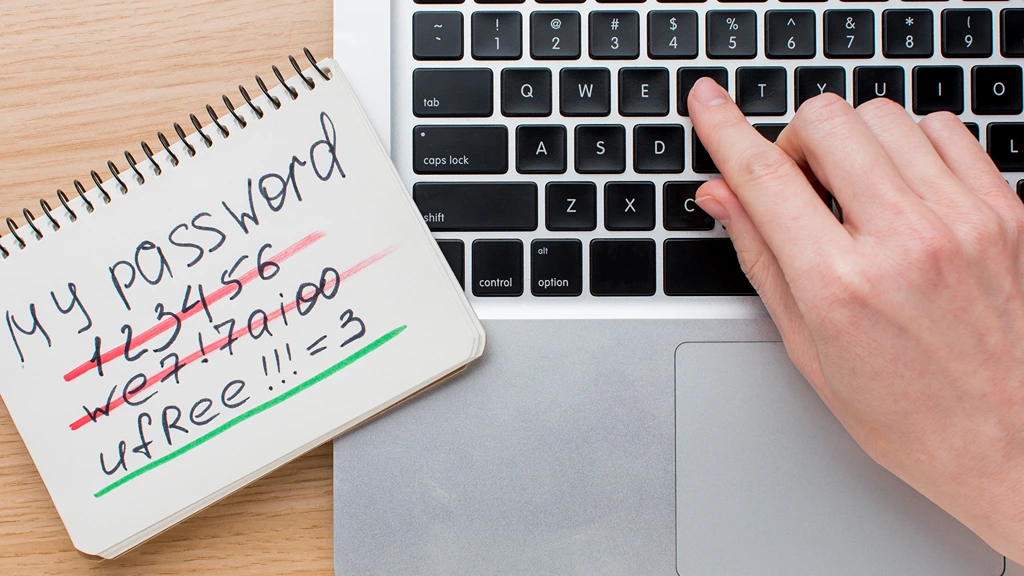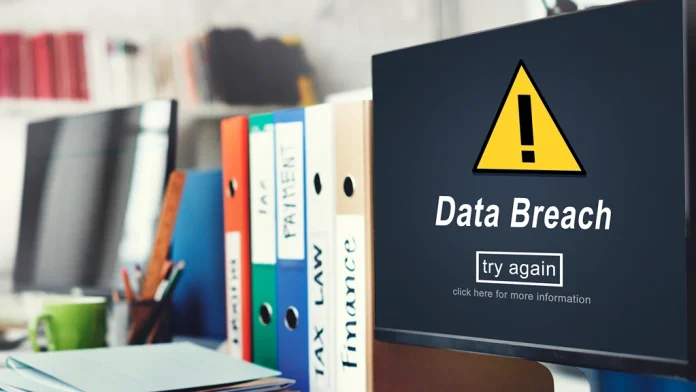The Ongoing Threat of Data Leaks and How to Protect Yourself
Privacy and security challenges are significant concerns.
Data leaks and cyberattacks are an ongoing issue, happening by the thousands each year, and have shown us that protecting our personal information in the digital era is no longer optional. In Indonesia especially, breaches of personal data have impacted millions and raised calls for tighter governmental and organizational measures to safeguard sensitive information. Here is a recent online session >>
The Value of Personal Data
In today’s digital world, user data is a valuable asset. It powers service personalization, product development, marketing, and even decision-making processes for businesses and governments alike. The data collected includes:
- Personal information: Name, address, phone number, and ID numbers
- Behavioral data: Search history, clicks, and application usage
- Preference data: Product choices, shopping habits, and interests
However, as beneficial as data collection can be, privacy and security challenges are also magnified. Unfortunately, individuals often unknowingly disclose sensitive information to unauthorized parties, opening the door to data misuse and abuse.
Common Causes of Data Leaks and Misuse
Personal data leaks can stem from various sources:
- Oversharing: Many users unwittingly share personal details (such as national ID or bank information) on platforms or with individuals who aren’t official.
- Malicious Software: Downloading applications from unofficial sources, especially in “.APK” format, often invites malware, which can steal personal information.
- Phishing Scams: Hackers often pose as representatives from legitimate organizations, using WhatsApp, email, social media, or SMS to trick users into sharing sensitive information.
These vulnerabilities leave users at risk of exploitation. For example, individuals who miss payments on online lending platforms may experience harassment from debt collectors who access their contacts without permission. Similarly, data breaches have led to fraudulent activity in sectors like online transportation and ATM skimming.

Why Technology Needs User Data
While data misuse is a legitimate concern, user data is critical to the functionality and optimization of modern technology. Some reasons for this include:
- Personalized Experiences: Streaming platforms, for example, use user data to recommend content based on viewing history.
- Enhanced Services and Products: Companies analyze user data to improve their services based on real-time needs and preferences.
- Informed Decisions: User data guides businesses in understanding market trends, consumer preferences, and forecasting future demands.

Data Misuse: A Violation of Rights
Misuse or exploitation of personal data exposes systemic flaws and is considered a legal violation, often infringing upon fundamental human rights. Regulatory frameworks like the GDPR in the European Union and Indonesia’s Personal Data Protection Act (UU PDP) are designed to ensure that user data is handled responsibly. These regulations stress the need for transparency, informed user consent, and accountability.
If data misuse occurs, affected individuals can report cases to data protection authorities. These organizations conduct investigations and may impose penalties on violators.
Then, as users, can we sue if we become victims of data misuse?
Tips to Protect Your Personal Data

Though we can’t control every aspect of data security, there are several proactive steps individuals can take to protect themselves:
- Exercise Caution When Sharing Personal Information
- Avoid disclosing sensitive data like your national ID, bank details, or full address to unknown or unofficial parties. Verify the legitimacy of websites or contacts before sharing any information. For example, ensure a website is secure (look for “https://” in the URL), and be cautious of suspicious messages.
- Use Strong, Unique Passwords
- Create complex passwords that combine uppercase and lowercase letters, numbers, and symbols for each online account. Avoid easy-to-guess passwords like “123456” or “password.” Consider using a password manager for added security.
- Enable Two-Factor Authentication (2FA)
- Two-factor authentication provides an extra layer of security by requiring an additional code along with your password. Even if a hacker gains access to your login information, they won’t be able to access your account without the second verification code.
- Limit App Permissions
- Download apps only from official sources, like the Google Play Store or App Store, and review the permissions requested by each app. Deny any unnecessary permissions, especially if they request access to sensitive data like contacts or location.
- Use a Secure Internet Connection
- Avoid accessing sensitive information on public Wi-Fi networks. If you must use public Wi-Fi, consider using a VPN (Virtual Private Network) to encrypt your data, ensuring that your online activities are less vulnerable to interception.
- Stay Alert to Phishing
- Phishing scams are prevalent and often come through email or text, disguised as messages from trusted sources. Be cautious about clicking on links or attachments from unknown senders. Verify the sender’s email address carefully, as scammers often use addresses that appear similar to legitimate ones.
- Keep Devices and Applications Updated
- Regular updates often include security patches to safeguard against the latest threats. Additionally, install reputable antivirus software on your devices for an extra layer of security. Keeping your antivirus definitions updated will help protect against malware.
Cybersecurity is a Shared Responsibility
Implementing these practices can help shield your personal data in an increasingly connected world. Remember, cybersecurity is a shared responsibility, and every step we take adds to the collective effort of keeping our digital lives secure. By staying vigilant and adopting safe practices, we can significantly reduce the risk of data breaches and enjoy a more secure online experience.






